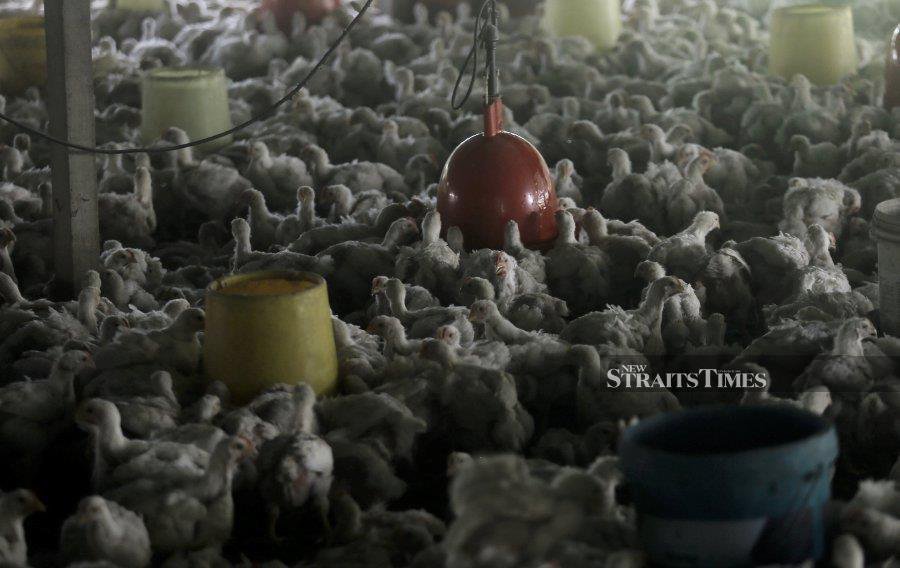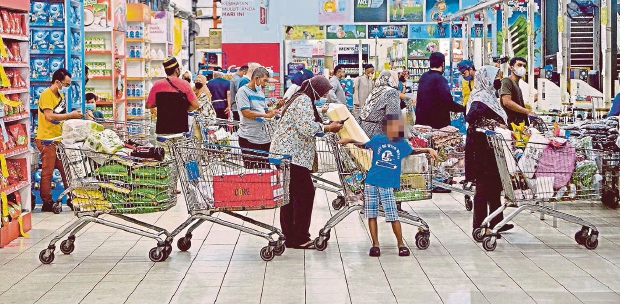WANT an example of a hilarious warning? Here it is: "Don't take advantage of chicken subsidy removal". Of course, the poultry traders will. This newspaper's report of Nov 1 clearly showed the myth of the "free" market.
There was one price when enforcement officers were around and another when they weren't. Greed market may be a better name. What should a kilogramme of chicken cost? Logic will suggest that the price should reflect the cost that went into producing the chicken plus a fair profit for the toil of entrepreneurial effort.
The first must be the actual cost, which means the price that the poultry trader paid the farmer or distributor. An honest trader, distributor or poultry farmer will not add his profit margin to the cost for it is already factored in the fair profit of the three players in the farm-to-fork supply chain.
No sensible consumer will deny the profit sought by the poultry farmer, poultry distributor or the poultry trader because they have expended effort, capital and other resources to ensure that the chicken reaches the dinner plate.
This is a service of social value. But this service must be priced at a fair profit. "Fair" means fair to the traders and consumers.
So what is a fair price, taking into account the cost of producing a chicken? The government thought RM9.40 per kg to be a fair one when it set the price control for chicken. But poultry farmers, poultry distributors and poultry traders wanted the price control to go because they preferred the freedom to set the price as they pleased.
This is a disease of modern economics that originated in Austria with Friedrich Hayek and was peddled furiously by Milton Friedman of the Chicago School of Economics.
To them, governments have no role in the "free" market. No, they didn't want a "free" market, but a free-for-all, which has resulted in a world where many are suffering from the economic activities of a few. Quite a few economists, including Malaysian ones schooled in Europe or the United States, want us to believe that such economics has its origins in Adam Smith. Nothing is further from the truth. We suggest they revisit the works of Smith, especially The Theory of Moral Sentiments.
There he sets out the critical importance of moral sentiments to economics. Put another way, we must govern the market, not the market us. If the market is emptied of its "moral sentiments", then the Chow Kit market of Nov 1 is the result: RM9.40 a kg at one instant and RM10 at another.
By all means set the price, but let it be based on actual cost plus a fair profit. If the chicken is priced at RM9.40 per kg, do not then add a ringgit or two for cleaning and cutting it. This is cheating in the crudest form.
This is not how the free market should work. But the fact that it does, this itself is an argument for the government to robustly regulate the market. There are just too many errant businessmen and traders. They must be reined in. Or better still, kept out of the market.
Dishonest businesses are neither good for the economy nor the people.





